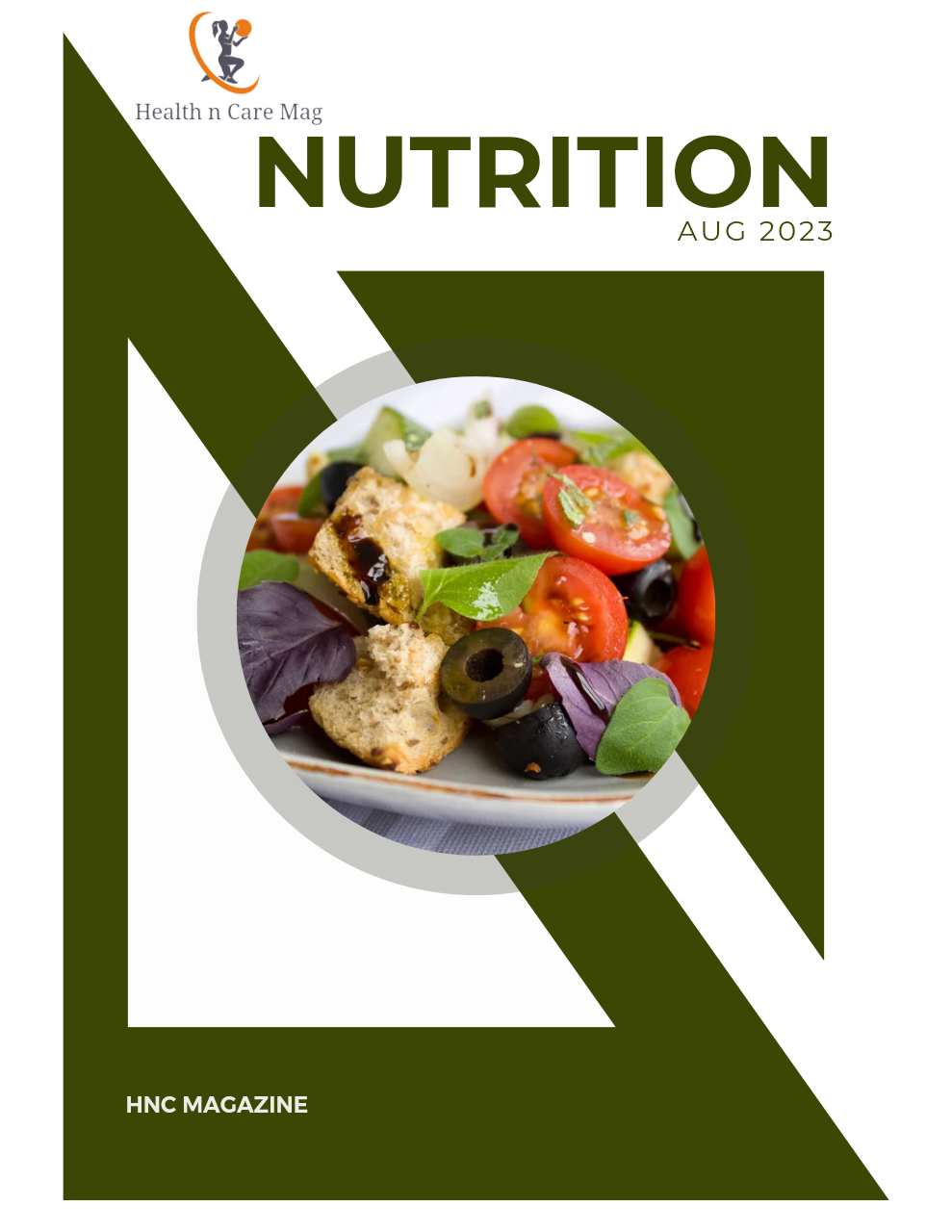4 Reasons Fertility Patients Should Consider An IVF Support Group
By Krystle Hooper
Fertility issues are difficult to deal with even at the best of times. It can put pressure on your relationship, your health and your finances. Finding the ways and means to deal with this is hard without support and being part of an IVF support group is a great way to find it.
• Knowing you’re not alone – When you go to a playground, to church or even to McDonalds anywhere and you’ll see kids all over the place there with their parents. When you’re surrounded by children, it can seem as if you and your partner are the only ones in the world struggling to conceive. The truth is vastly different and owing to data collected from 443 fertility clinics and centers in 2010 by the CDC (Center for Disease Control), shows that these facilities assisted in over 154,000 reproductive cycles. Those numbers represent thousands of couples struggling with infertility, just like you. Joining an infertility support group can put faces on those numbers. You will meet other couples with the same problem and know you are not alone.
• Friendship – Infertility can be isolating. You may unconsciously — or consciously — be avoiding social settings where children will be present. This is understandable. Seeing other parents with their infants and children is a painful reminder of your own difficulty in conceiving. Well-meaning friends may try to be encouraging, but they cannot really understand your feelings. A support group is a place to meet people who understand exactly how you feel and what you’re going through.
• Shared information – There’s a good reason why people do a lot of research online because we know the experiences of others will lead us to the information we want. In an infertility support group, you will meet people who know the ropes. They can tell you what has and has not worked for them, share their IVF success rates and even give honest critiques of local infertility doctors and clinics. They can also share how they have survived the emotional roller coaster of infertility, giving you useful tools of your own.
• Hope – In all support groups, there will be couples who are successful. While it is true that some couples will never conceive, IVF success rates are encouragingly high. Taking another look at the research from the CDC, all those treatments throughout 2010 resulted in 60,000 successful conceptions. That’s a lot of happy families, and your support group is sure to have its share. Being able to share in those successes gives you the hope you so desperately need to press on.
While the path to conception can be difficult for an infertile couple, it is a journey well worth taking. Joining a compassionate IVF support group will make the path a little smoother and a lot less lonely.
IVF success rates can vary based on a number of circumstances that doctors have little to no control over. Krystle Hooper recommends the IVF care provided by Houston IVF but suggests finding a good support group as well.



